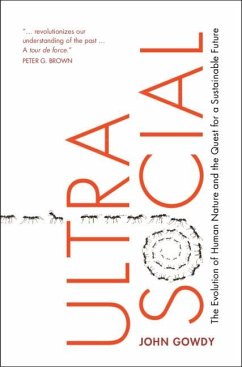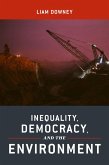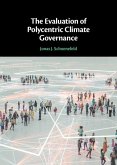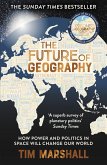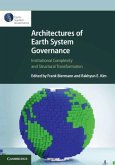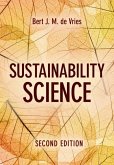Ultrasocial argues that rather than environmental destruction and extreme inequality being due to human nature, they are the result of the adoption of agriculture by our ancestors. Human economy has become an ultrasocial superorganism (similar to an ant or termite colony), with the requirements of superorganism taking precedence over the individuals within it. Human society is now an autonomous, highly integrated network of technologies, institutions, and belief systems dedicated to the expansion of economic production. Recognizing this allows a radically new interpretation of free market and neoliberal ideology which - far from advocating personal freedom - leads to sacrificing the well-being of individuals for the benefit of the global market. Ultrasocial is a fascinating exploration of what this means for the future direction of the humanity: can we forge a better, more egalitarian, and sustainable future by changing this socio-economic - and ultimately destructive - path? Gowdy explores how this might be achieved.
Dieser Download kann aus rechtlichen Gründen nur mit Rechnungsadresse in A, B, BG, CY, CZ, D, DK, EW, E, FIN, F, GR, HR, H, IRL, I, LT, L, LR, M, NL, PL, P, R, S, SLO, SK ausgeliefert werden.

